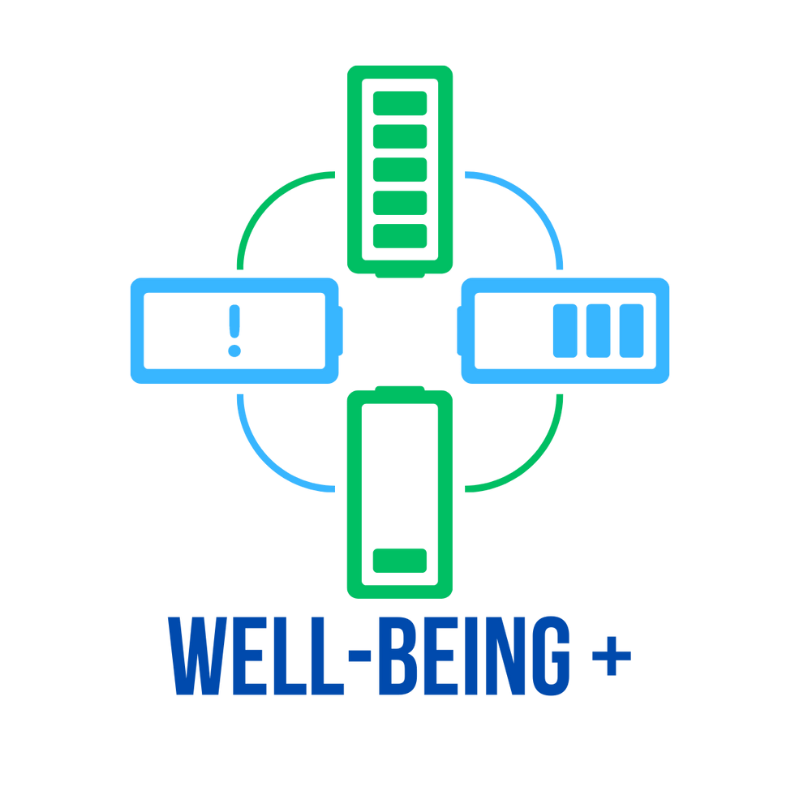In today’s fast-paced world, sleep often takes a back seat to work, screens, and endless to-do lists. Yet, quality rest is not a luxury—it’s a necessity for both physical and emotional health. Just as movement fuels strength and nutrition fuels energy, sleep provides the foundation that allows the mind and body to recover, adapt, and thrive.
Let’s explore why quality sleep matters, how it supports different aspects of health, and what habits can help you rest more effectively.
Sleep as the Body’s Reset Button
Every night, your body uses sleep to repair tissues, balance hormones, and strengthen the immune system. Without enough rest, these processes can’t run efficiently, leaving you more vulnerable to fatigue and stress.
Think of sleep as your body’s natural “reset button.” It gives your muscles time to recover, helps regulate appetite, and restores energy for the next day.
The Brain on Sleep
Sleep isn’t just physical—it’s mental. During deep stages of rest, the brain organizes memories, clears out waste products, and restores focus. This is why good sleep improves concentration, creativity, and decision-making.
When sleep is cut short, attention span shrinks, reaction times slow down, and it becomes harder to manage emotions. Quality sleep doesn’t erase challenges, but it strengthens your ability to handle them with more patience and clarity.
Emotional Balance Through Rest
Ever noticed how everything feels more overwhelming after a poor night’s sleep? Rest plays a vital role in regulating mood. Adequate sleep supports the brain’s emotional centers, making it easier to respond calmly rather than react impulsively.
Sleep also influences resilience. When well-rested, you’re more likely to recover quickly from setbacks and maintain perspective in stressful situations.
Physical Health Benefits of Sleep
From head to toe, sleep impacts nearly every system in the body.
-
Heart health: Sleep helps regulate blood pressure and cardiovascular function.
-
Muscle recovery: Athletes and casual movers alike rely on deep sleep to repair and strengthen muscles.
-
Metabolism: Balanced rest supports stable blood sugar and appetite regulation.
In short, sleep isn’t “time off”—it’s active recovery that sustains your health.
Common Sleep Disruptors
Understanding what interferes with sleep can help you take practical steps to improve it. Common disruptors include:
-
Excessive screen time before bed, which exposes the eyes to blue light and suppresses melatonin.
-
Caffeine or heavy meals late in the evening.
-
Stress or racing thoughts, which keep the nervous system in overdrive.
-
Inconsistent schedules, such as sleeping late on weekends but waking early during the week.
Identifying your own disruptors is the first step toward building a more restful routine.
Habits That Support Restful Sleep
You don’t need a complete lifestyle overhaul to improve your sleep. Small, consistent habits can make a noticeable difference:
-
Create a bedtime ritual: Dim lights, stretch gently, read, or practice deep breathing.
-
Keep a consistent schedule: Go to bed and wake up at roughly the same time every day, even on weekends.
-
Optimize your environment: A cool, dark, and quiet room supports deeper rest.
-
Limit screens: Try to avoid phones, tablets, or TVs at least 30 minutes before bed.
-
Move during the day: Regular daily movement helps the body rest more effectively at night.
These habits work best when practiced regularly rather than occasionally.
Sleep as Self-Care, Not Obligation
It’s easy to see sleep as something you “have to” do, but reframing it as an act of self-care makes it more intentional. Rest is not wasted time—it’s an investment in your physical strength, emotional balance, and overall quality of life.
By treating sleep as a priority, you give yourself permission to pause, recover, and show up with more energy and clarity each day.
Putting It All Together
Sleep supports everything from mood to muscle recovery. Without it, even the healthiest diet or most consistent workout can feel less effective. By creating simple habits that encourage quality rest, you build a foundation for greater resilience, sharper focus, and a stronger body.
Final Note
This article is for informational purposes only and does not replace professional medical advice. If you experience ongoing sleep problems or concerns, consider consulting a healthcare provider.
For more practical insights into caring for your mind and body, explore the Well-Being Plus blog. Small daily choices—like making time for rest—can add up to big differences in your overall well-being.







